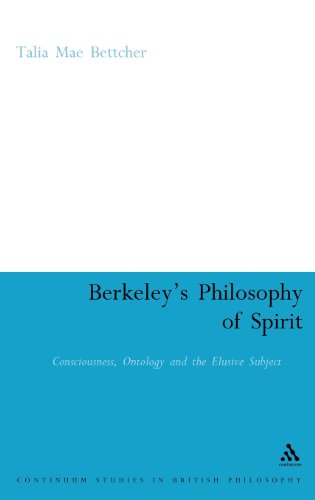

Most ebook files are in PDF format, so you can easily read them using various software such as Foxit Reader or directly on the Google Chrome browser.
Some ebook files are released by publishers in other formats such as .awz, .mobi, .epub, .fb2, etc. You may need to install specific software to read these formats on mobile/PC, such as Calibre.
Please read the tutorial at this link: https://ebookbell.com/faq
We offer FREE conversion to the popular formats you request; however, this may take some time. Therefore, right after payment, please email us, and we will try to provide the service as quickly as possible.
For some exceptional file formats or broken links (if any), please refrain from opening any disputes. Instead, email us first, and we will try to assist within a maximum of 6 hours.
EbookBell Team

4.0
16 reviewsThis book tackles some of the deepest problems in Berkeley's philosophy by providing a fresh interpretation of Berkeley's core ontological doctrines and their relationship to his views about self-consciousness. Berkeley, the author argues, is led to adopt a new model of self-consciousness because he rejects the basic metaphysics of many of his predecessors.
This new model of self-consciousness provides the foundation for Berkeley's own ontological framework. Bettcher's interpretation provides answers to long-standing questions about Berkeley's traditionally derided views about mind, offers an elegant treatment of Berkeley's core metaphysical views more generally, and illuminates Berkeley's innovative attempt to address the important philosophical and theological issues of his day. Moreover, Bettcher shows the importance of Berkeley's philosophy of spirit to the perplexing thesis that the subject of experience is somehow mysteriously elusive. She argues that Berkeley can be seen as a transitional figure with respect to the older philosophical concept of 'subject' (as a metaphysical supporter of properties) and the more modern philosophical concept of 'subject (as opposed to 'object').
She provides a re-reading of Hume's famous claim that when he turned reflection upon himself, he could perceive only perceptions and sheds new light on the notion of a 'subject of experience'. The book will be of substantial interest both to Berkeley scholars and to philosophers concerned with contemporary discussions of self-consciousness.